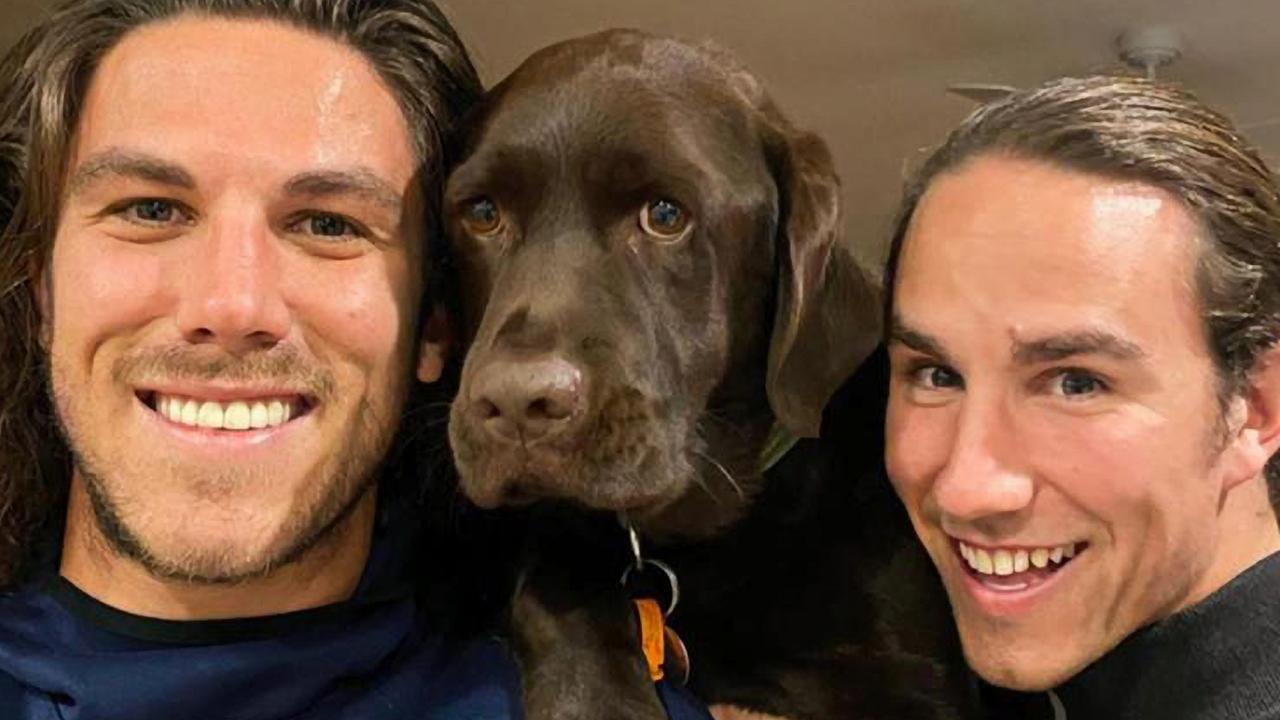Former AFP officers reveal murky history of murders and cover-ups
Former agents likened it to “cowboy central” – an era when corruption was rife among some members of the AFP, while those who spoke out were targeted.
Crime in Focus
Don't miss out on the headlines from Crime in Focus. Followed categories will be added to My News.
It was 1989, the Australian Federal Police was just 10 years old, assistant commissioner Colin Winchester had been assassinated, and the national force was in the grip of a bunch of corrupt cops.
Agents from that era of the AFP said it was like “cowboy central” and it had come about because of a perfect storm.
“The AFP had its foundations in the former Narcotics Bureau which was notoriously corrupt. Coupled with the ineptitude of the Commonwealth Police, it was never going to go well,” one senior former AFP officer said.
Disgraced former deputy of the NSW Crime Commission Mark Standen, later convicted of conspiracy to traffic drugs, was in the AFP racking up tens of thousands of dollars of gambling debts.
Standen had been allowed to join the AFP despite an initial ban after his admission to the Stewart Royal Commission into Drug Trafficking that he had destroyed evidence and records after a drug bust.
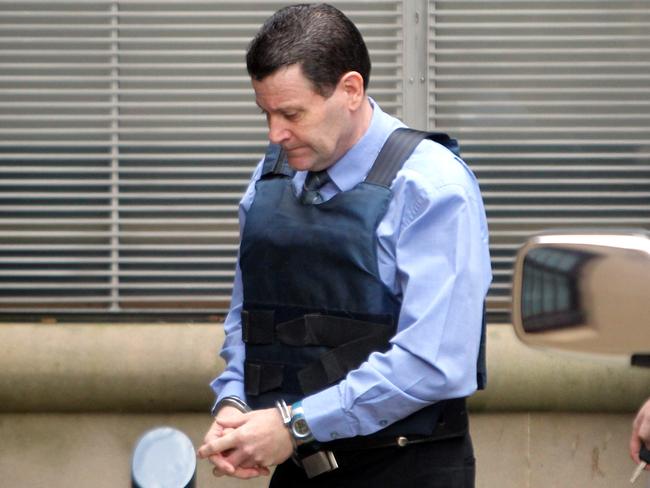
He had worked for the Federal Narcotics Bureau, then an arm of Customs and which later amalgamated with the AFP along with colleague Allan Gregory McLean,
Both joined the AFP at the same time and McLean was later convicted and sentenced to 16 years’ jail for helping import in 1988 millions of dollars worth of heroin from India hidden inside soccer balls.
Another AFP agent at the time Michael Anthony Wallace was convicted of stealing $20m worth of seized heroin the following year. He was also convicted of murdering his girlfriend Zoe Zou and dumping her body.
AFP chief inspector Cliff Foster, who died by suicide after a battle with depression in 2001, had run the AFP Drug Investigation Unit during the late 1980s and had been under investigation for supplying heroin.
He was also allegedly linked to an organised crime syndicate shipping huge amounts of hashish into Australia from New Zealand.
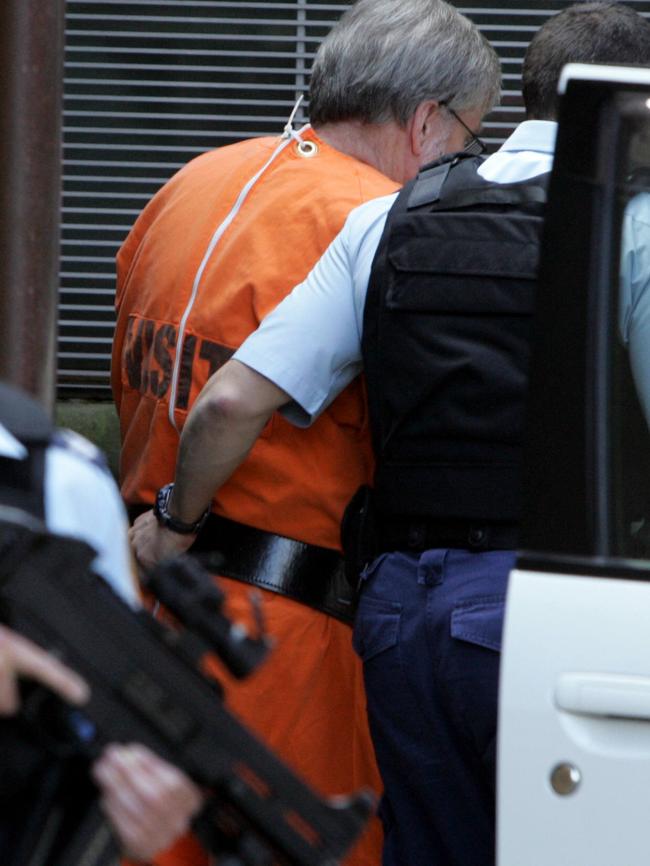
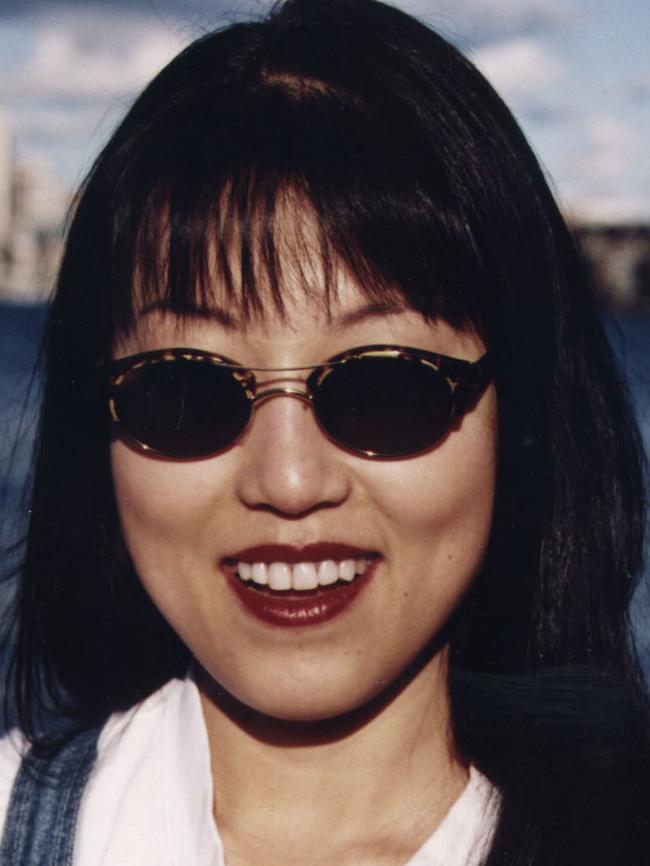
Dr Mick Kennedy, then a NSW Police detective from the elite NSW State Drugs Crime Commission, had been raising the alarm bells about corrupt AFP police officers for years only to become a target himself.
He was charged and convicted of making false claims about AFP corruption.
His claims, which included AFP officer Detective Sergeant Alan Taciak was corrupt, were later proved true.
Taciak rolled over during the Wood Royal Commission into NSW Police and named 78 other AFP cops that he claimed were also on the take.
Dr Kennedy, who continued his police career and then left for a career in academia, was never formally exonerated.
After sensational revelations by Taciak that he was part of the problem in the drug unit, the federal government ordered an inquiry headed by Sydney barrister Ian Harrison QC.
It pieced together the trail of corruption of some officers that began when the Customs Narcotics Bureau merged with the newly formed AFP in 1979.
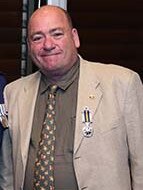
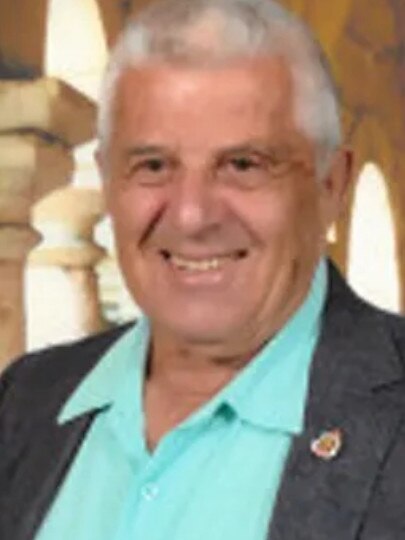
Dozens of officers with affiliations to the AFP drug unit in Sydney, the joint drugs taskforce and the old narcotics bureau were named in that inquiry.
The report was classified, but the Commonwealth Ombudsman was called on to implement the Harrison inquiry’s recommendations.
The Ombudsman’s office said in its annual report for 1996-97 that seven AFP officers were sacked and a number of others were being investigated.
A subsequent report said further investigations took place but the results were never publicly revealed. What is known is many others within the AFP were allowed to leave with golden handshakes.
Another then AFP agent, Wayne Sievers, who had been working in the AFP’s infamous Sydney Drug Unit for six years, had also unsuccessfully tried to blow the whistle on what was happening,
Similarly, warnings from former AFP internal affairs officer Ray Cooper, who died a year ago,
Cooper was investigating corrupt cops in Sydney in the late 1980s and had reported Standen to his superiors. However, he never heard any more.
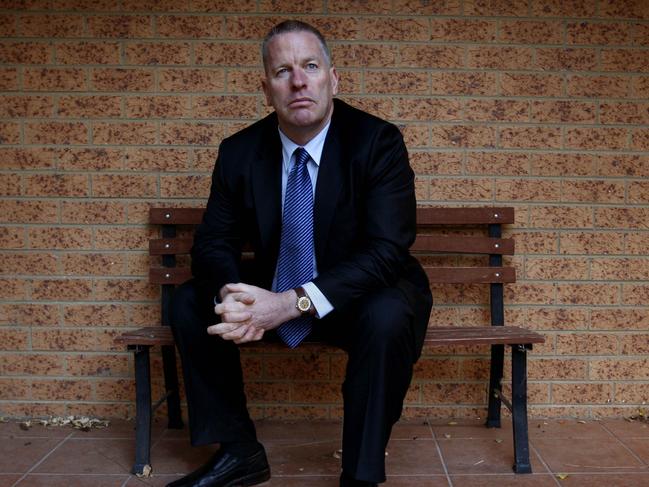
Cooper until his death consistently called for a major investigation into the AFP.
In one of his last interviews after revelations of yet another AFP corruption scandal, this time involving a string of Australian Protective Service Officers, he said it is only when there is outside pressure that things come out.
“What has happened in the AFP is that it has become more like a military organisation – where you cover up rather than admit anything,” he said.
“That is not the way police can survive long term, because sooner or later the cover-up becomes bigger than the original event.
“The Harrison inquiry was just a desktop review. It did not get into the real issues of corrupt police.
“We were told then to shut up … it sounds like it has not changed much.”
In a statement on Sunday night, the AFP declared there was no open investigation into the Winchester matter and “no recent” review.
“Our thoughts are always with the Winchester family,” a spokesperson said.
Despite the AFP’s own intelligence and reports on the ‘ndrangheta referencing the Italian Mafia and the Winchester case including reports from Italian counterparts, the spokesperson said there “is no evidence to suggest Italian organised crime was responsible for the death of one of our own”.
Lifeline: 13 11 14, lifeline.org.au
More Coverage
Originally published as Former AFP officers reveal murky history of murders and cover-ups





